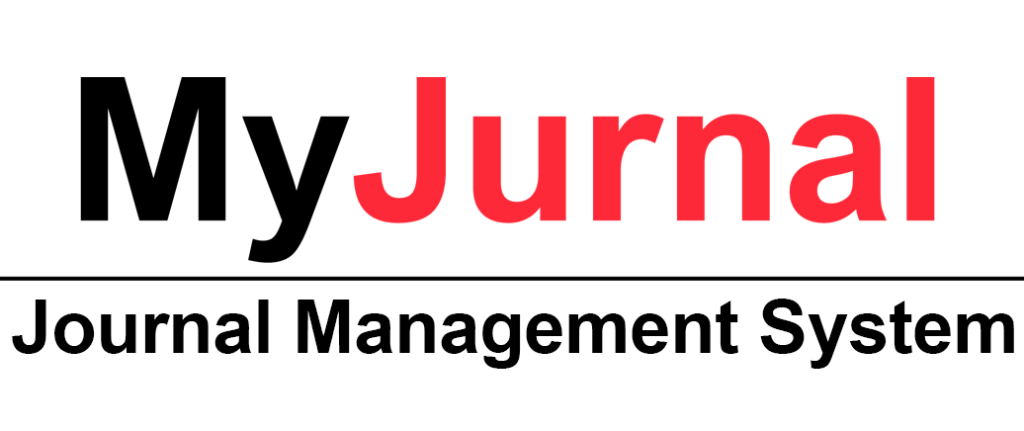Impact of Social Support on the Psychosocial Adjustment of Children Living with a Disability (CLWD) as Perceived by Parents in the Lagos Metropolis
DOI:
https://doi.org/10.31436/ijes.v10i2.347Keywords:
Perceived impact, social support, psychosocial adjustment, children living with a disability, physical incapacitiesAbstract
Disability in Africa is usually viewed as a consequence of evil. Thus, people living with disabilities tend to be treated with discrimination and stigmatization, which then leads to the neglect of their needs. A majority of children in this group are helpless and unable to function effectively. Hence, giving them the support they need is important to help them live a purposeful life. This research thus sought to determine the impact of social support on the psychosocial adjustment of children living with disabilities (CLWDs) as perceived by parents in the Lagos metropolis. It examined the differences in the parents’ perceptions based on gender, age, and educational attainment. The study was a descriptive survey of the ex-post facto design where a multi-stage sampling technique was used to select the respondents. The final sample comprised 384 parents in the Lagos metropolis who responded to a 20-item researcher-developed questionnaire on perceived impact of social support (with α = .72 reliability estimate). An independent samples t-test testing for gender differences in parents’ perception and two sets of ANOVAs were used to test three null hypotheses at the .05 confidence level. The results revealed that increased self-esteem, positive behavioural adjustment and improved mental health were perceived by Lagos parents to be the most important impact factors of social support on the psychosocial adjustment of CLWDs. Gender and educational attainment did not exercise any influence on perceived impact, but parents’ perception of it did differ significantly by age group where older parents perceived a greater impact than did younger parents. It was, therefore, concluded that social support (i.e., in terms of quality, type and amount) is significant for CLWDs to make the psychosocial adjustment needed in their lives. With such support, they can be useful to themselves and contribute meaningfully to the development of society. On this basis, family members and other support providers should give adequate attention to the needs of children living with disabilities.
Metrics
Downloads
Published
How to Cite
Issue
Section
License
Copyright (c) 2022 IIUM Press, International Islamic University Malaysia

This work is licensed under a Creative Commons Attribution 4.0 International License.
The Journal will own copyright to all published works and have the right of first publication, both in print and online, unless other arrangements are made with the Editors in advance. It is the author`s responsibility to ensure that where copyright materials are included within an article the permission of the copyright holder has been obtained beforehand.























